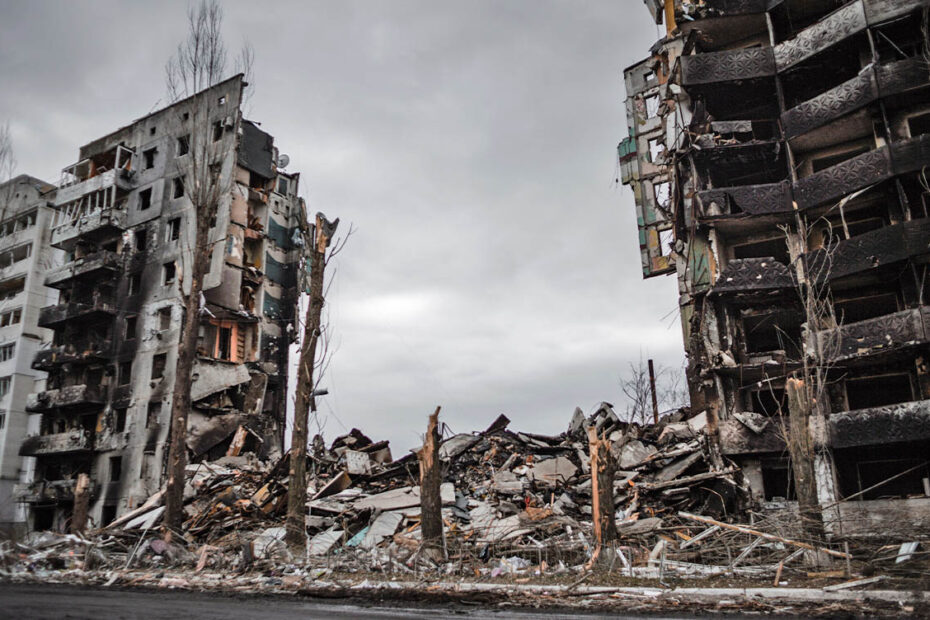By Judie Brown
Recent events occurring on foreign shores have had a profound effect on the news media—people too often given to exaggeration and erroneous statements. It is sometimes challenging to discern fact from fiction, even when those reporting a story have the best of intentions.
This is a situation that reminds us of the wisdom often attributed to philosopher Edmund Burke: “The only thing necessary for the triumph of evil is for good men to do nothing.”
We say this because whether the war is waged overseas, against the elderly, or in the bodies of expectant mothers, callous disregard for innocent human lives often marks the difference between truth and fiction.
Two recent examples present the contrast between truth and terror.
On an obscure but beautiful piece of land known as the Isle of Man, three out of every four doctors stand firmly opposed to euthanasia—the act of taking the lives of those who are ill. This overwhelming rejection on the part of physicians who reject the idea that killing is part of their profession is a bright light in an otherwise dark environment among medical practitioners.
The contrast between those doctors and Planned Parenthood physician Colleen McNicholas, MD, is stark. McNicholas was recently named a finalist for the European Union’s top humanitarian award. Her medical expertise involves killing the preborn child by the commission of abortion.
It is difficult to imagine using the word humanitarian to describe anyone who aborts innocent babies, but such is our world, which too often condones the ravages of war against the vulnerable.
The destruction of innocents should never be hailed as a service, but in a culture devoid of faith in God, anything seems acceptable. We see this in the pro-abortion group Catholics for Choice, which works daily to distort the truth. Its “teachings” are an insult to Christ, His Church, His laws, and the dignity of the human person. The group’s most recent video, depicting abortion as a sacred act, is such an abomination that one can hardly think of it without shedding tears at the pure insult to Christ Himself.
Dr. Hendershott’s review of the video includes this comment: “Although viewers of the video ad can draw their own conclusions about the pro-abortion message, the message is that God understands decisions like this. And the sacred image of the Divine Mercy—with its message of forgiveness and understanding—is intended to reassure us all that God blesses our choice.”
There really is no more horrific example of the ravages of the war against the innocent person. Yet as sad as that is, this is not an opportunity for hand wringing but rather for the Christian to unite with Christ in accepting the redemptive role of suffering as we anguish over the deaths of so many innocents and work diligently to stop them.
In his memorable encyclical Salvifici Doloris (On the Christian Meaning of Human Suffering), St. John Paul II reminded us:
If one becomes a sharer in the sufferings of Christ, this happens because Christ has opened his suffering to man, because he himself in his redemptive suffering has become, in a certain sense, a sharer in all human sufferings. Man, discovering through faith the redemptive suffering of Christ, also discovers in it his own sufferings; he rediscovers them, through faith, enriched with a new content and new meaning.
When we reflect on these words and recognize our role in the suffering of the aborted child, her mother, or the patient who is dying and in excruciating pain, we realize the wisdom of St. Paul. In his letter to the Colossians, he said, “It makes me happy to be suffering for you now, and in my own body to make up all the hardships that still have to be undergone by Christ for the sake of his body, the Church.”
So while we pray for those involved in the war overseas, we pray for and work even harder to oppose those who are waging war on innocents here at home, and in so doing we recall these words of St. John Paul II:
Wars are often the cause of further wars because they fuel deep hatreds, create situations of injustice, and trample upon people’s dignity and rights. Wars generally do not resolve the problems for which they are fought and therefore, in addition to causing horrendous damage, they prove ultimately futile. War is a defeat for humanity. Only in peace and through peace can respect for human dignity and its inalienable rights be guaranteed.
